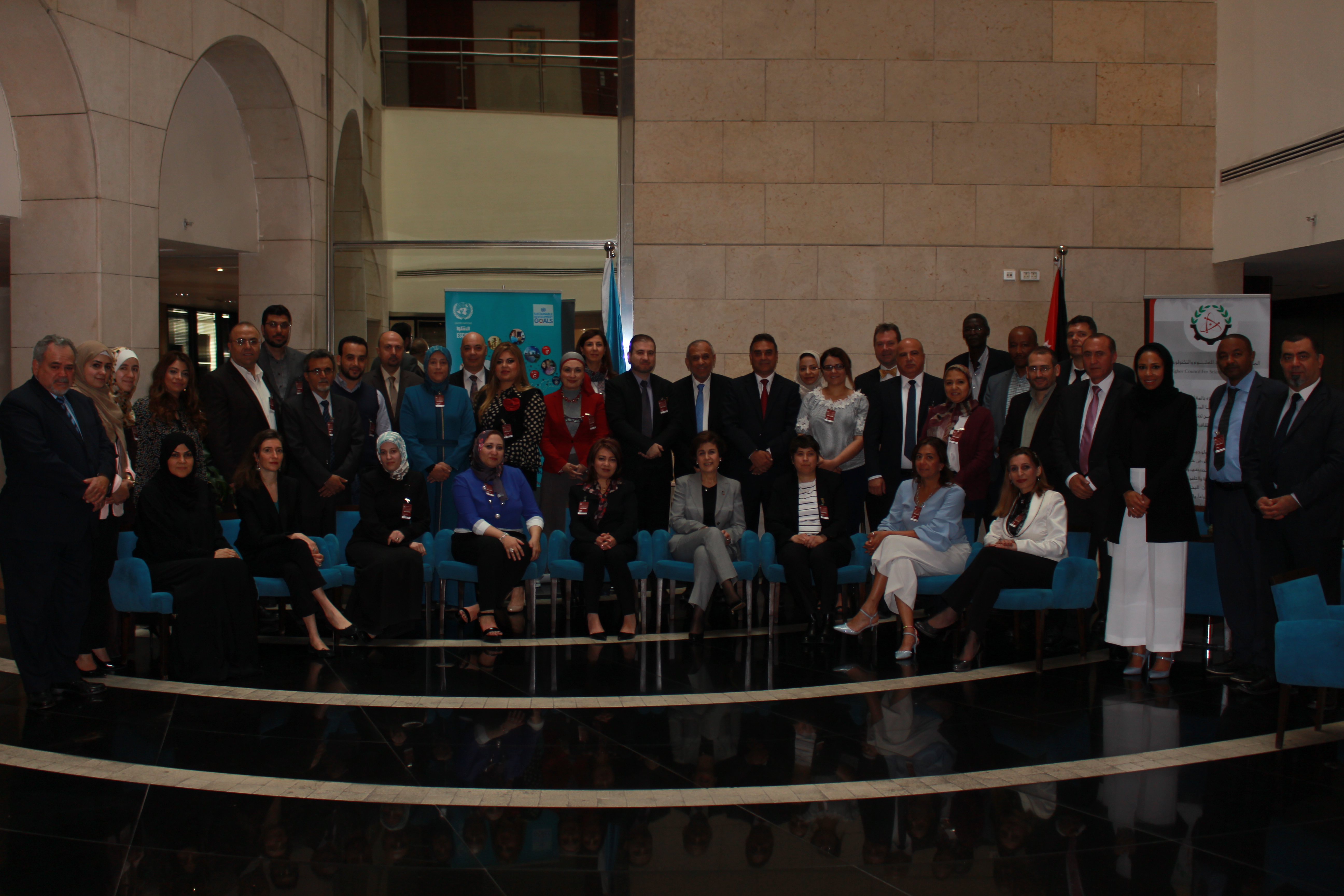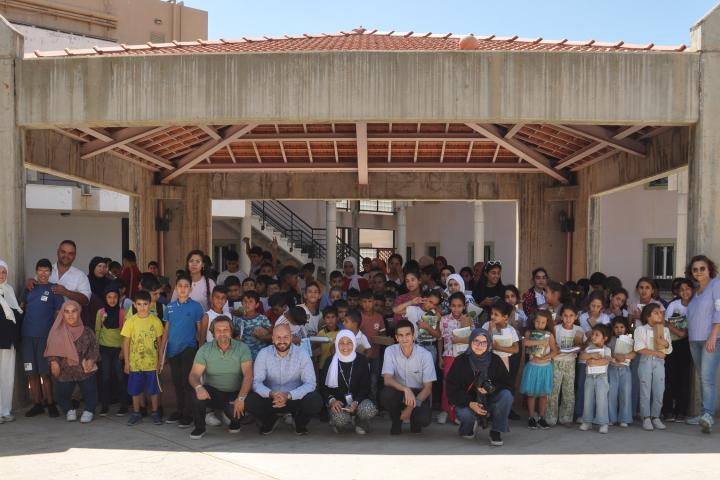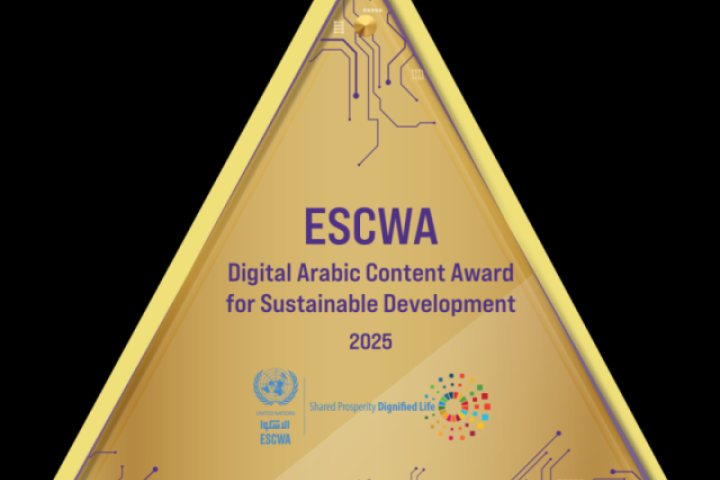Beirut, 24 April 2018 (Communication and Information Unit) – The Economic and Social Commission for Western Asia (ESCWA) has recently gathered 31 mid to high-level representatives, including 18 females, from concerned ministries, as well as experts involved in Science, Technology and Innovation (STI), to participate in a five-day Capacity Building Workshop on Innovation Policies for Sustainable Development Goals (SDGs) in the Arab Region.
Held in Amman, Jordan, from 15 to 19 April, the workshop was organised in partnership with the UN-Inter-Agency Task Team (IATT) and in cooperation with the Jordanian Higher Council for Science and Technology (HCST). Seven UN agencies also collaborated in organising this workshop in an integrated and interrelated manner, namely the UN Department of Economic and Social Affairs (UNDESA), the UN Industrial Development Organisation (UNIDO), the UN Educational, Scientific and Cultural Organisation (UNESCO), the UN Conference on Trade and Development (UNCTAD), the International Telecommunication Union (ITU), the World Intellectual Property Organisation (WIPO) and the UN University-Merit (UNU-Merit).
Speaking on behalf of the UN Inter Agency Task Team, Mr. Dimo Calovski (UNCTAD) said, "... as STI policy is fundamentally an interdisciplinary domain, it is notable that this workshop has assembled delegates from diverse backgrounds, professions and national organizations, matching an equally diverse participation of UN organizations and agencies under the umbrella of the UN Technology Facilitation Mechanism and its Inter Agency Task Team on capacity-building."
The workshop sessions were clustered among three themes: The first theme introduced the participants to the theory and concept of innovation, the role of STI policy in growth and sustainable development as well as its relation to economic development and governance within the context of the 2030 Development Agenda; the second focused on the design and implementation of innovation policies and tackled issues related to the policy content and process in an SDG context including the objectives, instruments, capabilities and stages; and the third tackled monitoring and evaluating innovation policies, and provided the participants with a comprehensive framework to be applied during the formulation, implementation and update of their innovation policies and strategies through examining the methodologies, collection approaches and standards for STI indicators frameworks.
The Director of the ESCWA Technology for Development Division, Mr. Haidar Fraihat said, “Developed countries and some developing countries, such as China and Korea, have realized the impact of science, technology and innovation on economic growth and the development of social services. They have developed national policies and supported their national innovation systems to create an enabling environment conducive to science, technology and innovation. ESCWA hopes that Arab countries will adopt similar approaches to develop and diversify the economies of Arab countries, meet different challenges and increase economic and social well-being based on science, technology and innovation.”
The workshop on Capacity Building on Innovation Policies for SDGs in the Arab Region was an occasion to listen to presentations and practical exercises that involved working groups, video screening and reading assignments of selected case studies and success stories. The workshop also represented an occasion for professional networking among participants of 13 Arab countries from 24 different public entities and among 13 experts participating on behalf of the seven collaborating seven UN agencies.
For her part, Ms. Nibal Idlebi, Chief of the ESCWA Innovation Section and responsible of this activity, said that Arab countries have relatively low score in Innovation International Index, especially when considering their GDP. In the overall Index, Western Asia and North Africa ranked fourth after North America; Europe; South East Asia, East Asia and Oceania. “More efforts are needed in the Arab world to formulate Innovation policies that enhance their national innovation system and thus boost innovation as a driver for achieving SDGs,” she added.
For more information:
The event page on the ESCWA website: https://www.unescwa.org/events/workshop-innovation-policies-sdgs-arab-region
For more information:
Mr. Nabil Abu-Dargham +961-70-993144; email: dargham@un.org
Ms Rania Harb: +961-70-008879 harb1@un.org
Ms Mirna Mahfouz: +961-70-827372 mahfouz@un.org
Mr Haidar Fahs: +961-70-079021 haydar.fahs@un.org




